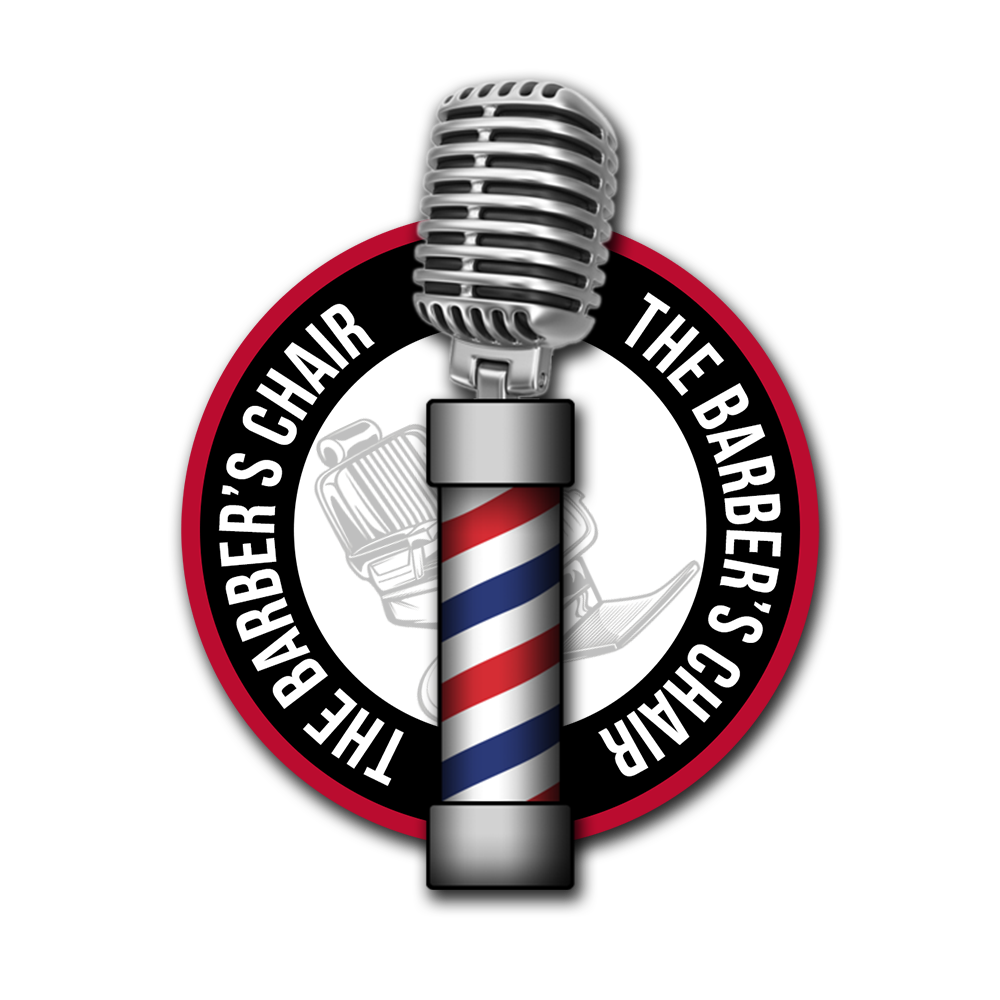Bears Stumble Again in 19-13 Loss to Texans, Offensive Woes Continue
Aw shit, here we go again…again. This feeling of déjà vu for Bears fans is the one consistent facet of their fandom and has been for quite some time. I will set the scene as I did last week: The defense showed signs of brilliance while the offense struggled and the more things change, the more they stay the same. While many members of the media, myself included, predicted the Bears wouldn’t come out on top against the Texans, the manner in which they lost left a bitter taste as questions about the offensive production began to surface. You’ve seen this movie before, so I’ll cut right to the chase: The Bears dropped their Week 2 matchup against the Houston Texans 19-13 amidst a backdrop of ugly and stagnant offense
Photo by Scott Lewis for the Barber’s Chair Network
Caleb Williams, the rookie quarterback many hope will be the franchise’s savior, had his moments, but they were overshadowed by inconsistent play and costly turnovers with both of those interceptions coming at time when the Bears were in desperate need of points. Williams would finish the game with 23 completions on 37 attempts for 174 yards. The tweets came in a flurry from Bears fans with some even wondering if anything will change for their beloved franchise.
Rookies are supposed to struggle, yes, but Bears fans aren’t reacting to a singular game—they’re reacting to decades of offensive incompetence. The lack of development on that side of the ball has been a constant theme, and yesterday’s game only added to the growing list of concerns. The offensive line couldn’t hold up against Houston’s blitzes, allowing the Texans to harass Williams for 7 sacks. Pro Football Focus graded Bears center Coleman Shelton and right tackle Darnell Wright among the worst performers, with below average grades of 56.7 and 39.0, respectively. This led to the offense managing a meager 205 total yards and converting just 7 of 17 third downs. The running game was also nonexistent, contributing only 71 yards, with Caleb Williams accounting for 24 of those yards on a single 3rd down scramble. D’Andre Swift, brought in to energize the run game, was held to 18 yards on 14 carries, and Khalil Herbert gave the Bears their only touchdown of the day—a 2-yard score form the goal line. Fans expected explosiveness, but instead, they saw predictability. Horizontal play-calling, a hallmark of previous offensive coordinator Luke Getsy’s regime, continues to be a head-scratching occurrence for the tenure of current OC Shane Waldron. It’s particularly puzzling for a team that is in desperate need to push the ball vertically.
Photo by Scott Lewis
To make matters worse, the Bears’ defense, though strong at times, could only do so much to contain the Texans' versatile offense. While they limited Houston to just 75 yards on the ground and 3.5 yards per carry, C.J. Stroud’s frequent connections with Nico Collins in the first half left the Bears on their heels. Chicago's defense managed to tighten up in the second half, holding the Texans to a single field goal, but that effort wasn't enough to overcome the lackluster offense. So, what’s next for the Bears? The team finds itself in a predicament of its own making. General Manager Ryan Poles earned praise for his bold moves in drafting WR Rome Odunze and signing veteran weapons like WR Keenan Allen and RB D’Andre Swift but that came at the expense of bolstering the offensive line, a decision that now has Chicago in a tough spot and finding a veteran to help stabilize the offensive line, is unlikely. The onus will fall on Waldron and his staff to adjust. Simplifying the game plan, speeding up Caleb Williams’ release, and moving away from spamming ineffective horizontal passes like bubble screens are the first steps. They need to be better prepared for the blitzes that are coming and keep extra protection in the backfield to buy Williams more time. If they don’t, fans can expect to feel that déjà vu all season long.


